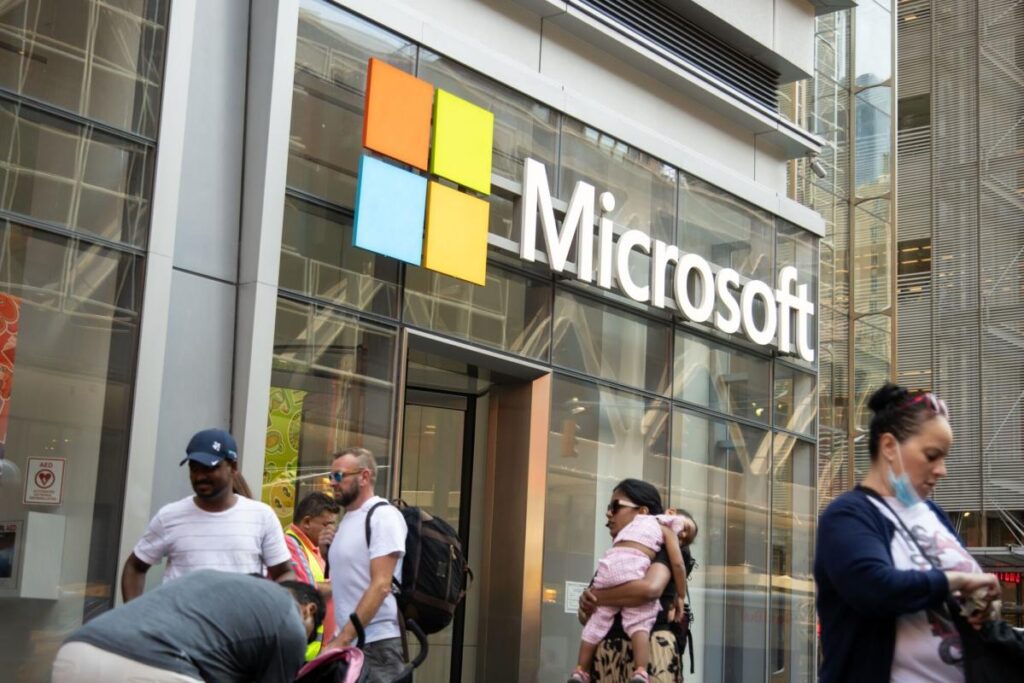Microsoft Enhances Recall to Fortify Security in AI Technology
Microsoft Corp. is stepping up to the plate with significant upgrades to its Recall feature, an artificial intelligence tool designed to maintain a comprehensive record of user activities on PCs. The tech giant has responded to criticisms regarding potential vulnerabilities that could attract cybercriminals.
Responding to Security Concerns
In a recent interview, David Weston, Microsoft’s vice president of enterprise and operating system security, acknowledged the feedback surrounding Recall, saying the company has taken these concerns “loud and clear.” In response, Microsoft is implementing additional layers of security these upgrades aim to protect even the most sophisticated hackers.
New Features in the Upcoming Version
The upgraded Recall feature, set to roll out next month, will allow users to filter out specific applications or websites, enabling more control over what data is recorded. Sensitive content filtering, which automatically detects information such as Social Security and credit card numbers, will now be enabled by default. Additionally, any in-private browsing will not be saved, enhancing user privacy.
Importantly, to access and utilize Recall, users must authenticate through biometric measures like facial recognition or fingerprints. The data collected will remain in a secure, isolated environment on the user’s device, with any requested information being the only data that leaves this secure space.
A Timeline of Your PC’s Past
Recall is intended to be more than just a data recorder; it’s envisioned as an “explorable timeline of your PC’s past.” By taking periodic snapshots of your screen, Recall simplifies searching and sorting through past activities. However, following its initial announcement in May, security specialists raised alarms about the risks posed by storing such extensive records locally on a PC.
To mitigate these risks, Microsoft previously decided that Recall would be shipped in the “off” position on its new AI-capable PCs, ensuring users must opt-in before usage. This protocol will remain with the latest updates.
Advanced Security Measures
With the new version of Recall, sensitive information is encrypted with unique keys and kept isolated, meaning that even if a device were compromised by malware or theft, unauthorized individuals would not gain access. According to Weston, a biometric match is necessary to decrypt this data, ensuring heightened security.
Furthermore, Recall features a timeout mechanism—defaulting to 15 minutes— that automatically deactivates the feature when not in use. This measure helps ensure that the tool is available when needed but minimizes the risk of unauthorized access.
Availability and Future Outlook
The revamped Recall will be available in beta next month, exclusively for users of Copilot+ PCs, a new category under Windows 11. However, companies using business versions of these devices will need to download the feature manually, meaning it won’t be pre-installed.
As we embrace advancements in AI technology, tools like Recall highlight the balance between convenience and security. The ongoing enhancements from Microsoft reflect an understanding of users’ needs, showing a commitment to privacy as well as functionality.
The AI Buzz Hub team is excited to see where these breakthroughs take us. Want to stay in the loop on all things AI? Subscribe to our newsletter or share this article with your fellow enthusiasts.




